Poet Elizabeth Schmuhl’s "Premonitions" makes connections to the natural world

While I get déjà vu from my dreams, I do not usually experience premonitions. Sometimes I might have them about people I meet, but the premonitions are usually wrong and maybe excess cautiousness instead. So when I started reading Elizabeth Schmuhl’s new collection of poetry called Premonitions (Wayne State University Press), I was intrigued by what they might be.
Schmuhl, who describes herself as having lived all over the place (Chicago, New York City, Washington D.C., Atlanta, and Michigan), covers a range of topics beyond premonitions in her new book. Elements of the natural world, seasons, and change also figure strongly in the poems. As an artist with many talents, including dance, Schmuhl also includes bodies and movement in the collection.
Poems in Premonitions are not titled but rather numbered, and the number is encircled by a colored dot. Dark topics, from death to loneliness, contrast bright colors and hopeful moments.
The first poem drops us into a world without internet, which perhaps makes premonitions more possible in the absence of the constant fact-checking and forecasting that are rampant online. Reading Premonitions can feel like a fascinating flux of trying to get one’s bearings, finding a line that centers oneself, and then finding that the next line changes it all.
Schmuhl will read at Literati Bookstore on Tuesday, October 2, at 7 pm. Ann Arbor poet Keith Taylor will introduce her and conduct a discussion with her. She shares about premonitions, her collection, and more about her life in the following interview.
Transfigured Foursome: The Jerusalem Quartet will come to Ann Arbor as a sextet

Ori Kam, violist for the Jerusalem Quartet, grew up in two countries, studied music in three, and now teaches in Switzerland while performing all over the globe, often with the Jerusalem Quartet.
Kam joined the Quartet in 2010, but “Israel is a small place," he says. "I knew the quartet and its members since its very early days and had some opportunities to hear and even play with them together before joining. When the opportunity came about for me to join, I was very happy and eager to step into the role.”
In Israel and America, Kam grew up surrounded by music. “My mother is a violinist,” he says. “There was always music in our household, especially chamber music.” He can’t remember a life without music, but two experiences convinced him he might want a life as a musician.
A Trio of Days: The 2018 A2 Jazz Fest expands to three swinging nights

The A2 Jazz Fest (A2JF) began in 2016 as a single day, featuring 14 acts over 10 hours.
Even if your name is Jazzbo von Chromatic Chord Progression, 600 straight minutes of jazz is a grueling marathon.
A2JF added a second in 2017, spreading out the shows, and it's a three-day event in 2018, running Friday, Sept. 28, and Saturday, Sept. 29, at LIVE Nightclub and Sunday, Sept. 30, at Kerrytown Concert House. Bassist and fest organizer Dave Sharp said it was a "natural progression and a way to make it easier to attend more events."
And the whole event is still free of charge.
But there was an additional reason for stretching the fest to three days: "From musicians, there was intense interest," Sharp says, "and the committee worked hard to include as many groups as possible." (See the full lineup below.)
Alec Baldwin coming to Ann Arbor for a collaboration on "Death of a Salesman"

It’s not unusual for well-known performers to speak to students at the University of Michigan’s School of Music, Theatre & Dance. Just last year, Glenn Close and Jeremy Irons both stopped at the school.
Alec Baldwin’s visit this week is a little extra special, however: He’ll take part in a full reading of Death of a Salesman that involves students, faculty, and members of the community, presented by the University Musical Society along with the SMTD.
UMS President Matthew VanBesien came to town from the New York Philharmonic, which has worked with Baldwin in the past. Word got around that Baldwin was interested in working with students, he heard that Salesman author Arthur Miller was a U-M graduate, and everything fell into place.
“We wanted to use a combination of faculty, students, and guest artists,” said Daniel Cantor, an associate professor of theater and drama who is directing the play. “All those things came together in this reading.”
Past, Tense: U-M grad Akil Kumarasamy's "Half Gods" is a masterful debut
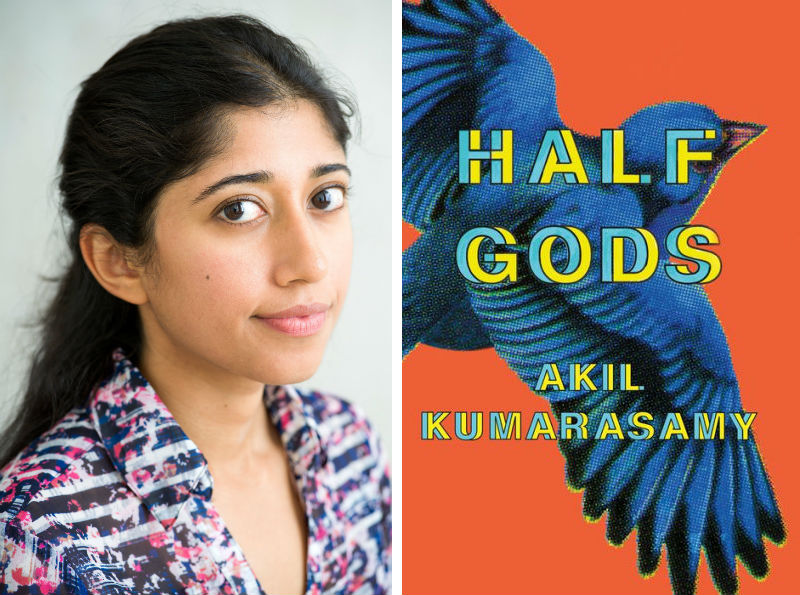
“The past is never dead," wrote William Faulkner. "It's not even past.”
The past is always present and rarely quiet in Akil Kumarasamy’s masterful debut novel, Half Gods.
The Sri Lankan civil war lasted more than 25 years, officially ending in 2009. The 10 interlinked stories in Half Gods tell the story of Nalini and her family, for whom the war is neither dead nor past. After the slaughter of her mother and brothers, Nalini and her father escape to New Jersey with their grief following right along with them. The stories travel through narrators with some of the focus on Nalini as a child and then as a grown woman with children of her own. Other stories include a man in Sri Lanka looking for a missing child, a butcher from Botswana transplanted to New Jersey who falls in love with Nalini all told through short stories.
Vision for Flint: Dr. Mona Hanna-Attisha's “What the Eyes Don’t See” tracks the city's public health crisis
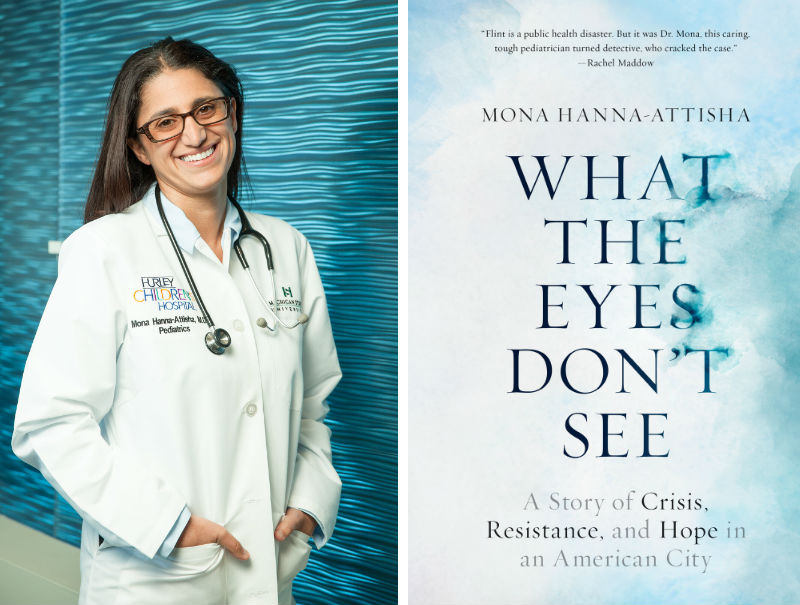
While it’s easy to see the Flint water crisis as a story of government failing the people it’s supposed to serve, it’s a lot more than that. It’s also the story of a resilient community, the determined people who live there, and the activists who helped bring the situation to light.
Those stories meet in the work of Dr. Mona Hanna-Attisha, director of the pediatric residency program at Hurley Medical Center. She played a pivotal role in the crisis, conducting research and publicizing results that showed how lead levels rose alarmingly in Flint children after the city switched its water source.
Now “Dr. Mona” has published a book about her experience, What the Eyes Don’t See. She will discuss the book at Rackham Auditorium with Chris Kolb of the Michigan Environmental Council, an event sponsored by Literati Bookstore and the U-M School for Environment and Sustainability, where Hanna-Attisha earned her bachelor’s degree (under its earlier name, the School for Natural Resources and the Environment).
“I never set out to write a book in my career,” Hanna-Attisha said in a recent phone interview. “It’s not about Flint, it’s about who we are and who we want to be.”
Fake Facts: Theatre Nova’s dark comedy "The Totalitarians" wades through a political swamp
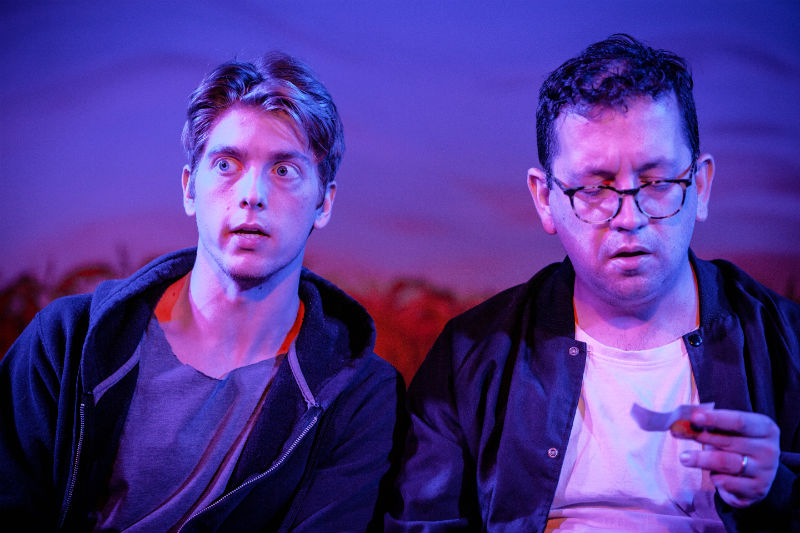
Theatre Nova’s September offering, The Totalitarians, centers on a campaign manager trying to help her candidate win an election in Nebraska. The candidate, Penelope Easter, is an earthy, compulsive woman whose tenuous relationship to facts seems, well, familiar. Peter Sinn Nachtrieb’s dark, witty comedy touches on politics, revolutions, and the twists, turns, and perils that come with both.
Pulp spoke with Diane Hill, who plays Penelope Easter, director Carla Milarch.
Michigan’s extensive role in modern design among Kerrytown Bookfest highlights
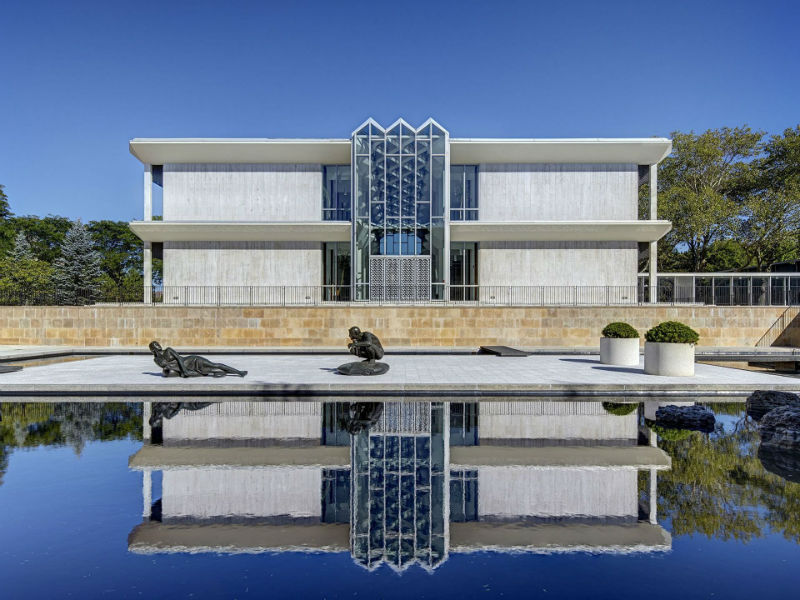
If you don’t necessarily consider Michigan a hotbed of the modern design movement, you’re not alone. But two recent books aim to change that perception, and their authors will appear in Ann Arbor this weekend as part of the Kerrytown Bookfest.
“People do not think of Michigan as a design center," says Brian Conway, Michigan’s state historic preservation officer. "They think of New York or Los Angeles but skip over the Midwest. But there was this very strong design industry here in Michigan, and it actually still exists.”
Deep in Thoughtful Music: Kenji Lee and the Canterbury House Concert Series
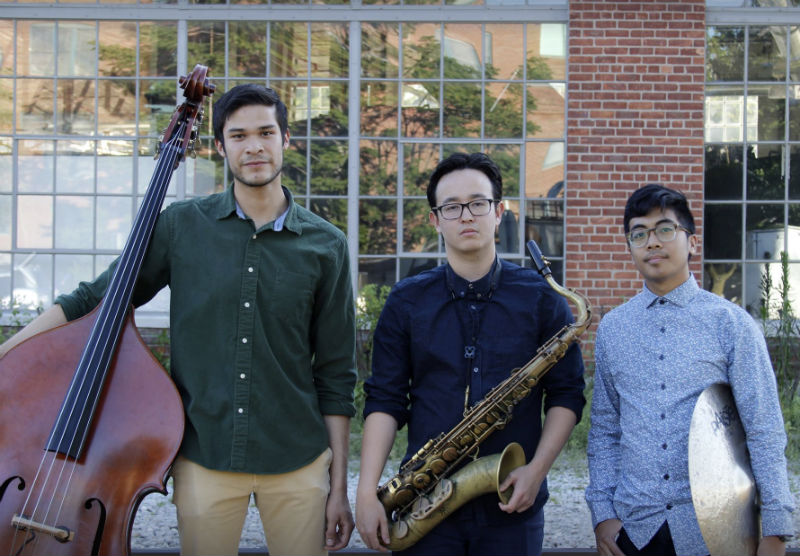
Saxophonist Kenji Lee is a final year University of Michigan student who is entering his third year as Concert Series coordinator at Canterbury House, the home of U-M’s Episcopal Chaplaincy, and a welcoming space in which U-M music students, their friends, and local and touring musicians can share their work and have fellowship amongst themselves and the broader community.
Journey to U-M Ann Arbor
The Ann Arbor Russian Festival brings Northern Eurasian culture to Washtenaw
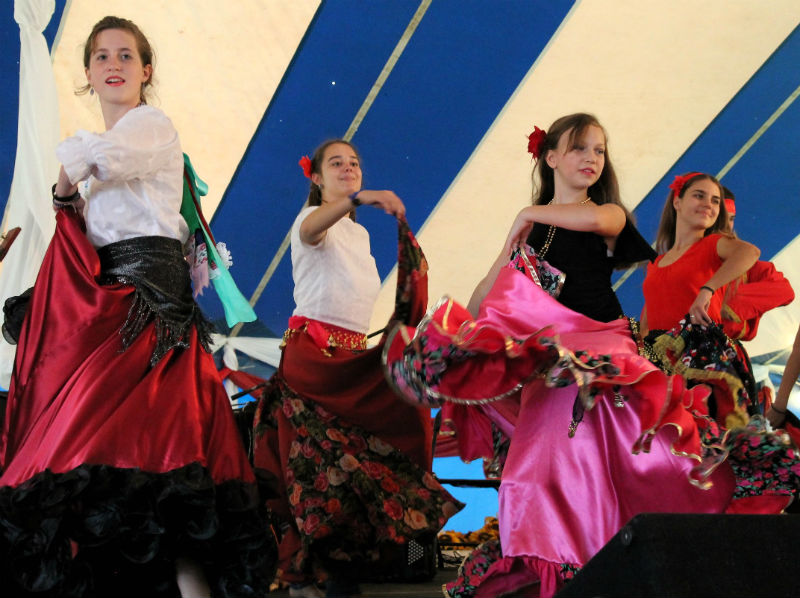
For the group that puts the Ann Arbor Russian Festival together every year, it’s about much more than simply having a fun time, it’s about sharing their culture.
“Nobody knows what is Orthodox church,” laughed Leta Nikulshina, the festival’s entertainment director. “People think, ‘Are you Catholic?’ ‘No, we’re not.’ Or, ‘Are you Jewish?’ ‘No, we’re not.’
“Its kind of the way to open up who we are and bring us closer to everyone else,” she said.
The festival’s beginnings also had a slight ulterior motive.


































